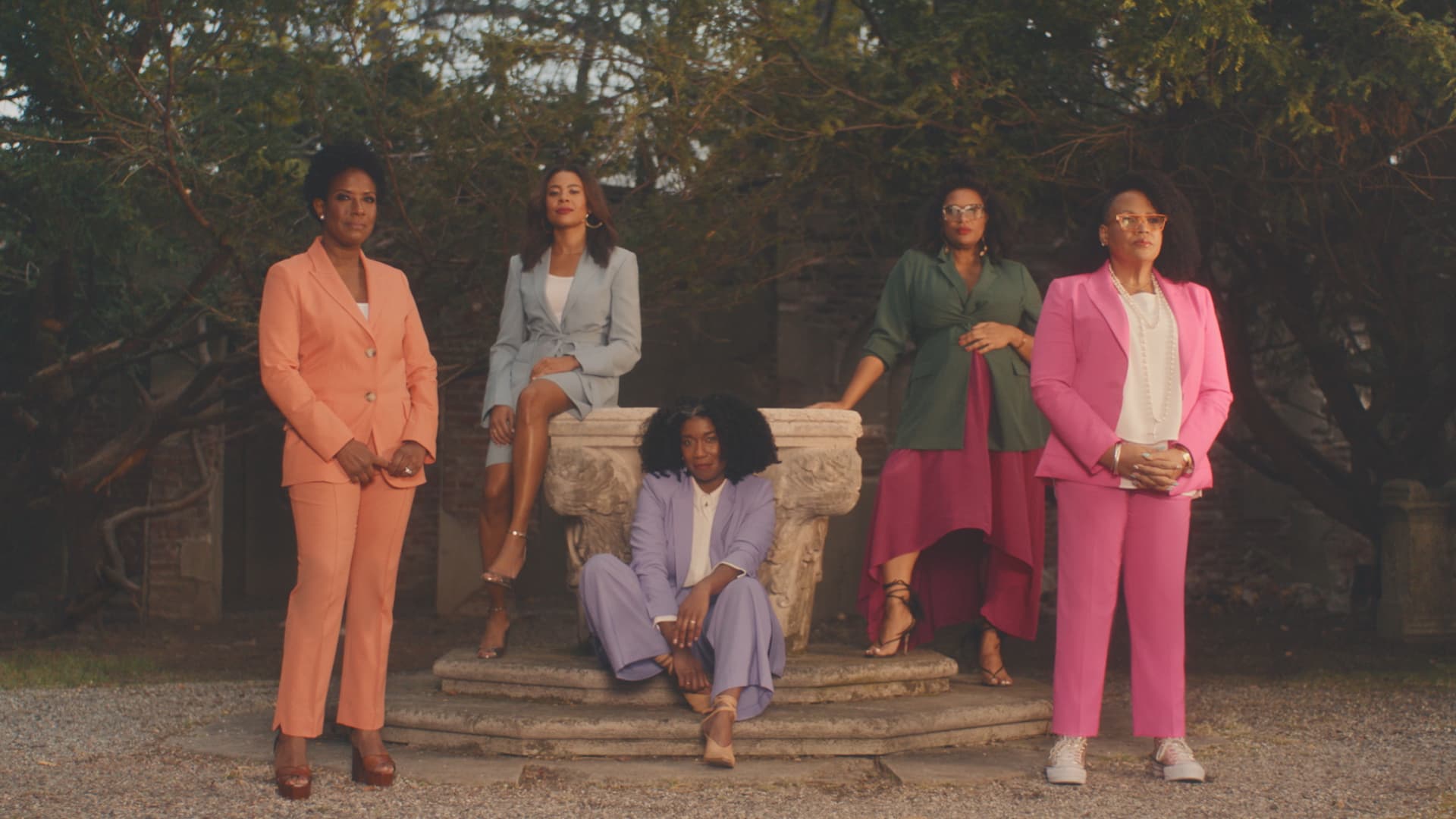Scott Mlyn | CNBC
Ulta Beauty unveiled an initiative Tuesday to better reflect the country’s diversity with the products it sells in stores and faces it features in advertising campaigns.
The beauty retailer pledged to double the Black-owned brands in its assortment by the end of 2021 and step up employee training to make stores more welcoming for all customers. The company will put more than $25 million toward the initiative.
It also tapped Tracee Ellis Ross, actress and CEO and founder of hair-care brand Pattern Beauty, as its diversity and inclusion advisor to help counsel the company and hold it accountable.
Over the past year, many companies have grappled with whether their business practices — including hiring, advertising and picking products to display — reinforce or fight systemic racism. George Floyd’s killing and Black Lives Matter protests prompted a wave of corporate commitments to do more to address racial inequities.
A growing number of major retailers has promised to step up their philanthropy and recruiting. and some, including Macy’s and Gap, have signed on to the 15 Percent Pledge, which aims to make Black-owned products on store shelves proportional to the country’s Black population.
Ulta Beauty recently debuted an advertising campaign that features and celebrates Black women.
Source: Ulta Beauty
Ulta CEO Mary Dillon said the beauty industry, in particular, “ought to be leading.” She said it plays a powerful role in shaping what society sees as beautiful and desirable. Plus, she said, more than 50% of babies born in the U.S. are non-Caucasian — a dynamic that will shape the customers of tomorrow and determine which brands stay relevant.
“It’s not only an opportunity, but an obligation that we represent everybody to celebrate diversity — if you look at our advertising campaigns, if you look at the photography in our [hair] salon, if you look at the way we’re training our salon associates to work with every hair type,” she said. “Meeting the needs of everybody of any age or race or skin tone or hair type” is core to Ulta’s business.
Diversity and inclusion efforts have become more of a business imperative rather than a goodwill gesture as shoppers pay more attention to corporate values like sustainability and diversity and vote with their dollars. That’s something that Dillon said she has seen up close as chair of the Retail Industry Leaders Association.
“Consumers now are holding businesses to a higher standard, and they should,” Dillon said.
Ulta will put about $20 million toward media investments across multicultural platforms aimed at reaching Black and Hispanic communities, such as TV commercials that feature Black women. It will spend more than $4 million to market and fuel growth of its Black-owned brands and about $2 million on quarterly, mandatory in-store employee training to fight unconscious bias.
Ulta is also trying to expand staff diversity through recruiting efforts and the creation of a Diverse Leaders Program to offer executive mentorship to more than 30 employees who show potential to become company leaders.
Ulta’s beauty industry peer, LVMH-owned Sephora, announced a similar plan in mid-January to make its stores more inclusive. Among the changes, it said it would double its Black-owned brands and reduce the presence of third-party security. It also signed the 15 Percent Pledge.
